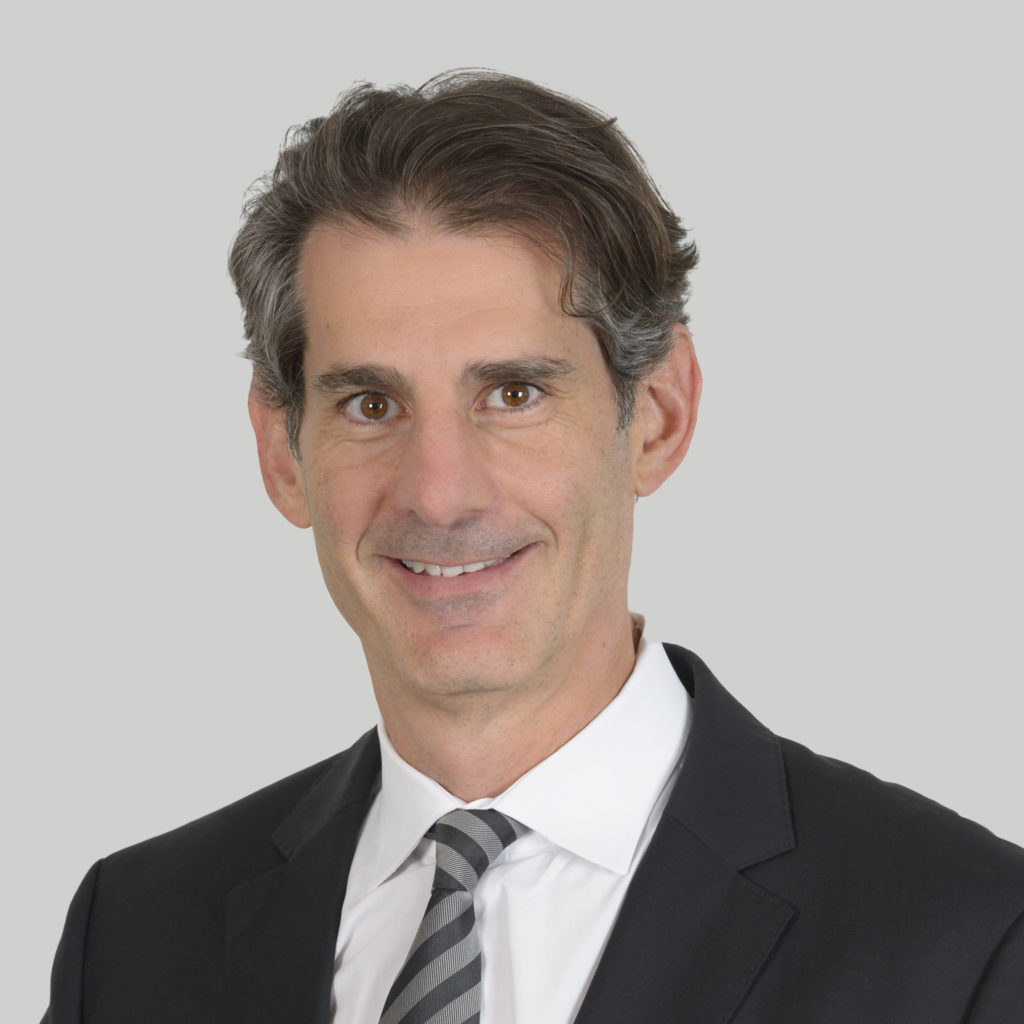Independence and Ninety One’s first year
As Ninety One, the former Investec Asset Management, celebrates its first year as an independently listed company, the Australian operation has also demonstrated one of the many advantages of that independence.
The global parent investment bank, still the major shareholder in the global asset management firm, last week confirmed the sale of its Australian loan book following the bank’s exit from this market last year. Investec sold the accounts to local fund manager Metrics Credit Partners, taking specialist manager’s portfolio to about $6.5 billion.
However, Mark Samuelson, the long-serving Sydney-based managing director for Asia Pacific and the Middle East at Ninety One, says that, operationally, the asset management firm was always independent from the bank. “There’s been no massive unlocking of value,” he says, given the parent has retained its shares.

Nevertheless, perceptions count, and reputational risk is a very real one. Banks and insurance companies, which often still own asset management divisions as well as advice businesses, can, from time to time, do considerable damage with their other activities.
Samuelson says Ninety One in Australia “had a very good year” last year, winning a number of new mandates and forging some new relationships. The addition to its offering in China investments last year with a China A Shares fund, has been well received as big investors start to think seriously about their long-term exposures to China. The new fund complements an All-China fund, including Hong Kong’s H shares, and a China Bond Fund.
Justin Cowper, head of institutional business in the region as well as Sydney-based Australia country head, says there has been a certain “new energy” in the firm following the listing and name change in March last year. “I think there has also been an acknowledgement of the journey we’ve been on,” he says. “But we don’t get asked about it [the new structure] anymore.”
In a letter to shareholders and others on March 16, commemorating the date of the listing, Henrik du Toit, the chief executive who started the asset management firm in 1991 (hence the name) said: “I doubt that anyone would have chosen to list into the toughest market since the financial crisis, but our rationale for forging ahead was sound – to unbundle a financial services conglomerate into two simpler, more focused organisations with the ultimate goal of creating long-term value for all stakeholders.
“We proceeded, with the absolute conviction that this was the right course for all our stakeholders. Having completed the process by the time the pandemic crisis hit meant that we could put all our energy into serving you during a very uncertain time.
“However, we’re not about the short term. Far more importantly, this year we also celebrate our 30th year as a firm. In 1991, a handful of us started Investec Asset Management – now proudly Ninety One – with a dream in mind. Over the past three decades we have been turning this dream into reality, serving our clients, shareholders, the community at large and the people who work in the firm.”
Over the past year, there has been growing talk among institutional investors and consultants about carving China out of their emerging markets and Asia ex-Japan strategies because of its increasing weight in the investment world.
Cowper says that the interest in separate mandates, such as for the China A shares market, has been a global phenomenon, not just in Australia. Mercer raised as a discussion point the possibility of having emerging markets mandates managed separately from China, for instance, at its recent annual global client conference.
An extra focus on China A shares has a secondary benefit by concentrating more on companies linked to the growth of the domestic economy and therefore suffering less in the event of a continued trade war with the US (and Australia).
Ninety One’s philosophy globally is to see itself as an alpha generator, offering specialist capabilities which include ESG, emerging markets equities and debt, credit strategies and some unusual opportunities such as its global franchise strategy which invests in big-brand companies and has taken advantage of globalization, at least until Trump followed by the pandemic.
Cowper says that active management is the key in specialist strategies. In countries such as China governance may be an issue. “You need to pick the eyes out of the market and you also need to have connections with China,” he says.










